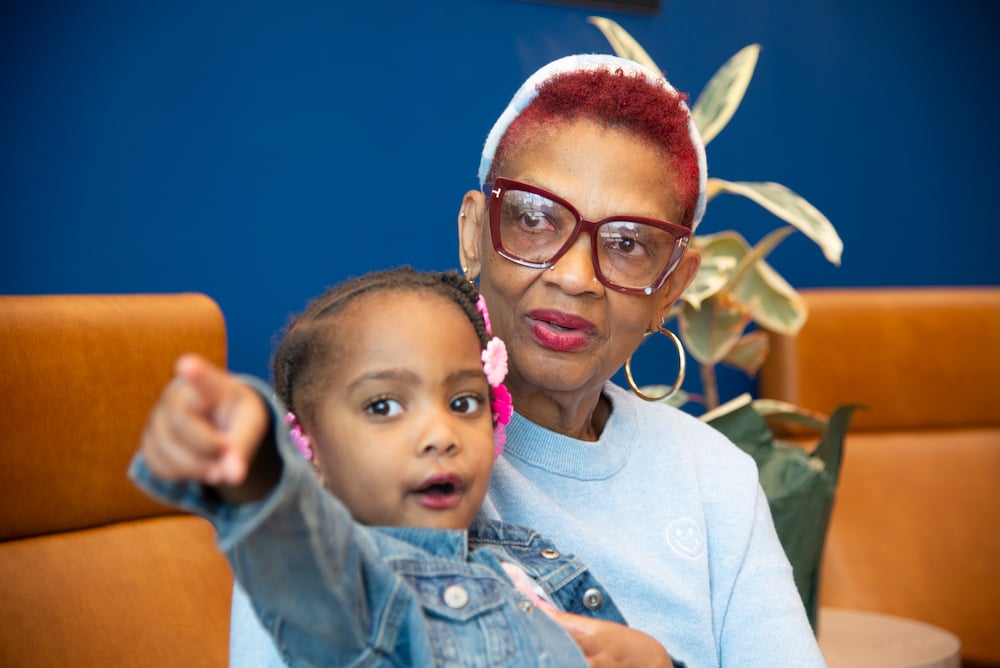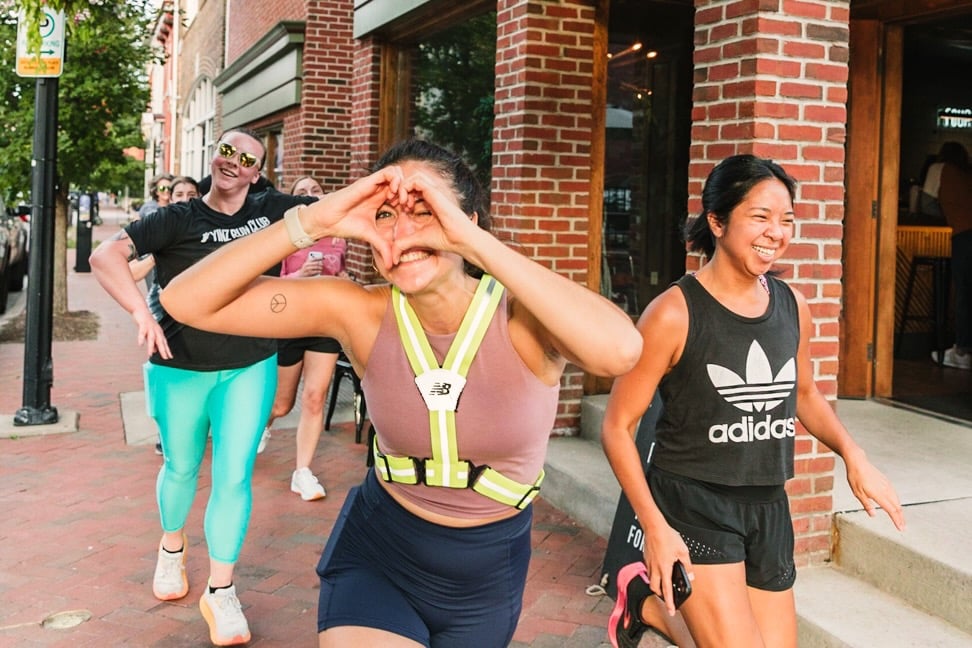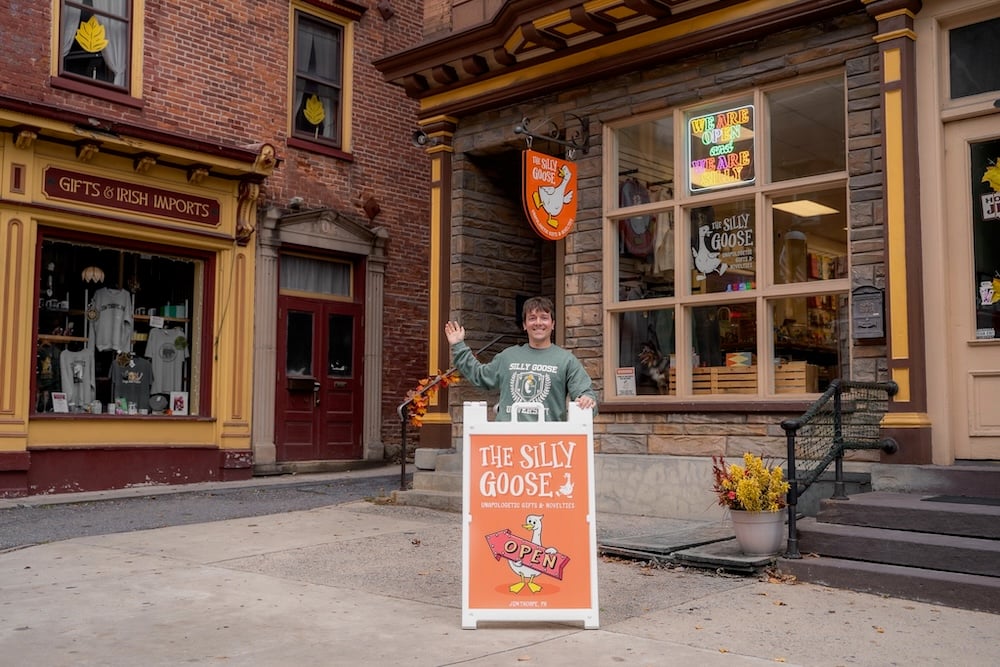What to Say (and Not to Say) to Someone Experiencing a Miscarriage
One local therapist offers her advice on how best to help someone going through a loss.
Miscarriages happen in anywhere between 10% and 20% of all known pregnancies, but it can be hard to know what to say or do when it affects someone you know.
Hayley Wilds, who has gone through miscarriages herself, has made helping others through the experience her life’s work through her Pittsburgh-based Center for Creative Counseling, where she specializes in therapy for moms, pregnancy loss, and grief work.
“I feel like what I hear from the women I work with the most is the lack of understanding in their social network of what it means to lose a pregnancy,” she says. “And not everybody has the same experience or response to pregnancy loss, but for those that do, they feel like people dismiss their loss.”
Wilds hosted a workshop in October, “Pregnancy and Infant Loss Awareness Month,” about how to use art to heal after pregnancy loss, and she has published a book, “Creative Healing for Pregnancy Loss,” a guided journal with therapeutic exercises and creative prompts.
Both personally and professionally, she’s found words and actions that can help people experiencing loss, and she’s found the opposite as well.
Many people may use the phrase “at least” in an attempt to comfort someone who’s going through a miscarriage: “at least you’re young” or “at least you can try again.” Those kinds of phrases aren’t helpful in the moment, Wilds says.
“I think the real key thing is that if you’re grieving the loss of somebody, and that could be your baby, that could be someone you knew who lived a full life, the thing that is not helpful is for someone to try to make you feel better in that moment, because there’s no feeling better, really, and they can’t fix it for you,” she says.
Things that are helpful are validating the loss, expressing that you’re sorry, and letting the person know you’re there for them, she says. Wilds remembers when, after one of her miscarriages, she didn’t feel like being around anyone; one relative dropped off a care package at her front door and texted her to let her know.
“It was really kind and caring because I didn’t have to be social in that moment, but I had the support in this really beautiful way.”
She also remembers after one of her miscarriages a co-worker found out she was pregnant. Her co-worker came to her office to share the news privately.
“It was so caring and so respectful,” Wilds remembers. “That’s something that I talk about, do’s and don’ts almost, of how to support people. It’s like, do something for them that shows you recognize what they’re going through, but you’re respecting their space, too, because it’s so overwhelming sometimes.”
















